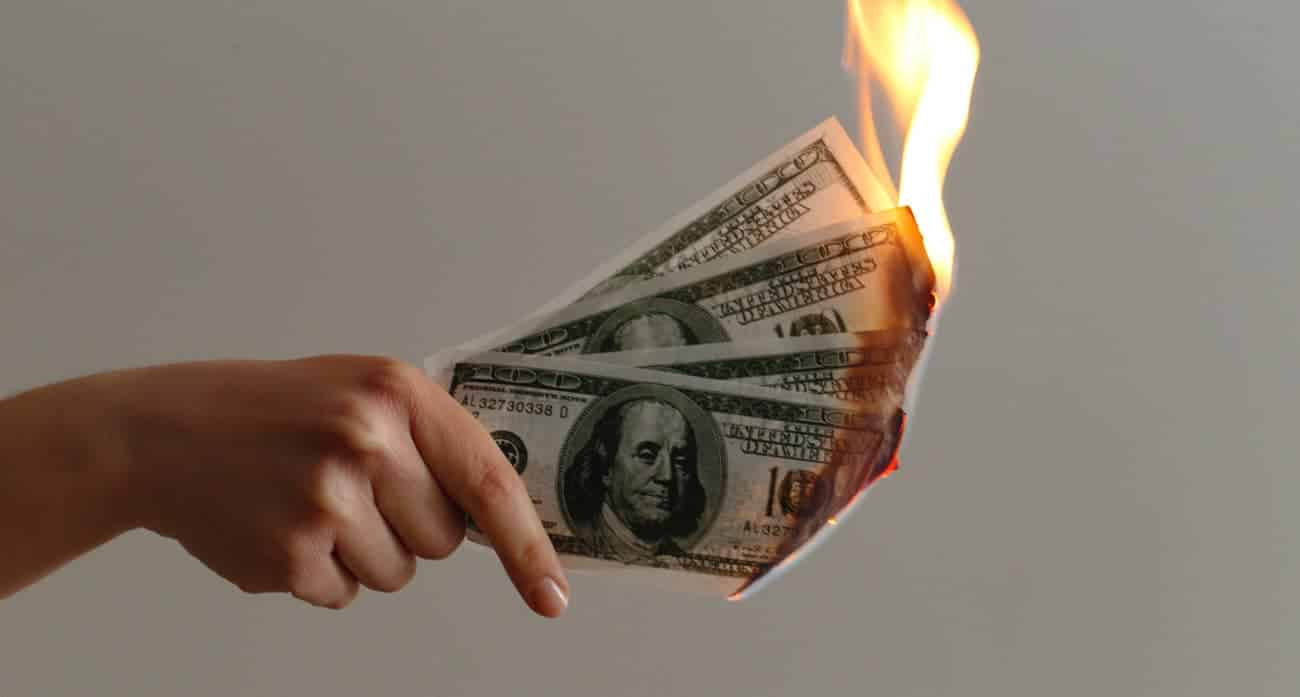
Por Mariana López
May 26, 2020
Contxto – If Covid-19 weren’t enough to deter users from using cash, now the government in Peru is (unintentionally) pushing for electronic payments.
Last Saturday (23), authorities established a series of requirements for food delivery apps like Rappi, Glovo, and Uber Eats to relaunch operations. On government orders, these third party platforms had been barred from working during its strict quarantine period.
Although now thanks to these recent instructions, couriers can hop back on their motorcycles—that is provided the food platforms keep up their end of the bargain. That conveys fulfilling a series of conditions that may have some long-term consequences.
The Peruvian government mandates that platforms must block payments in cash from their applications. Likewise, they must ensure that deliverers and even their families are informed on how to adhere to safety and sanitation standards. All of this must be documented of course.
Interestingly, delivery partners must also be given a 90-day insurance policy that, among other issues, covers:
In sum, authorities are encouraging the use of e-wallets, credit, and debit cards. The Peruvian government is also setting up quite a precedent for couriers in a country with a gray area when it comes to regulating their ties to food delivery platforms.
Meanwhile, users are asked to keep their filthy cash away. Digital payments are cleaner.

Related articles: Tech and startups from Peru!
-ML

Por Yanin Alfaro
February 17, 2026

Por Israel Pantaleón
February 17, 2026

Por Stiven Cartagena
February 13, 2026